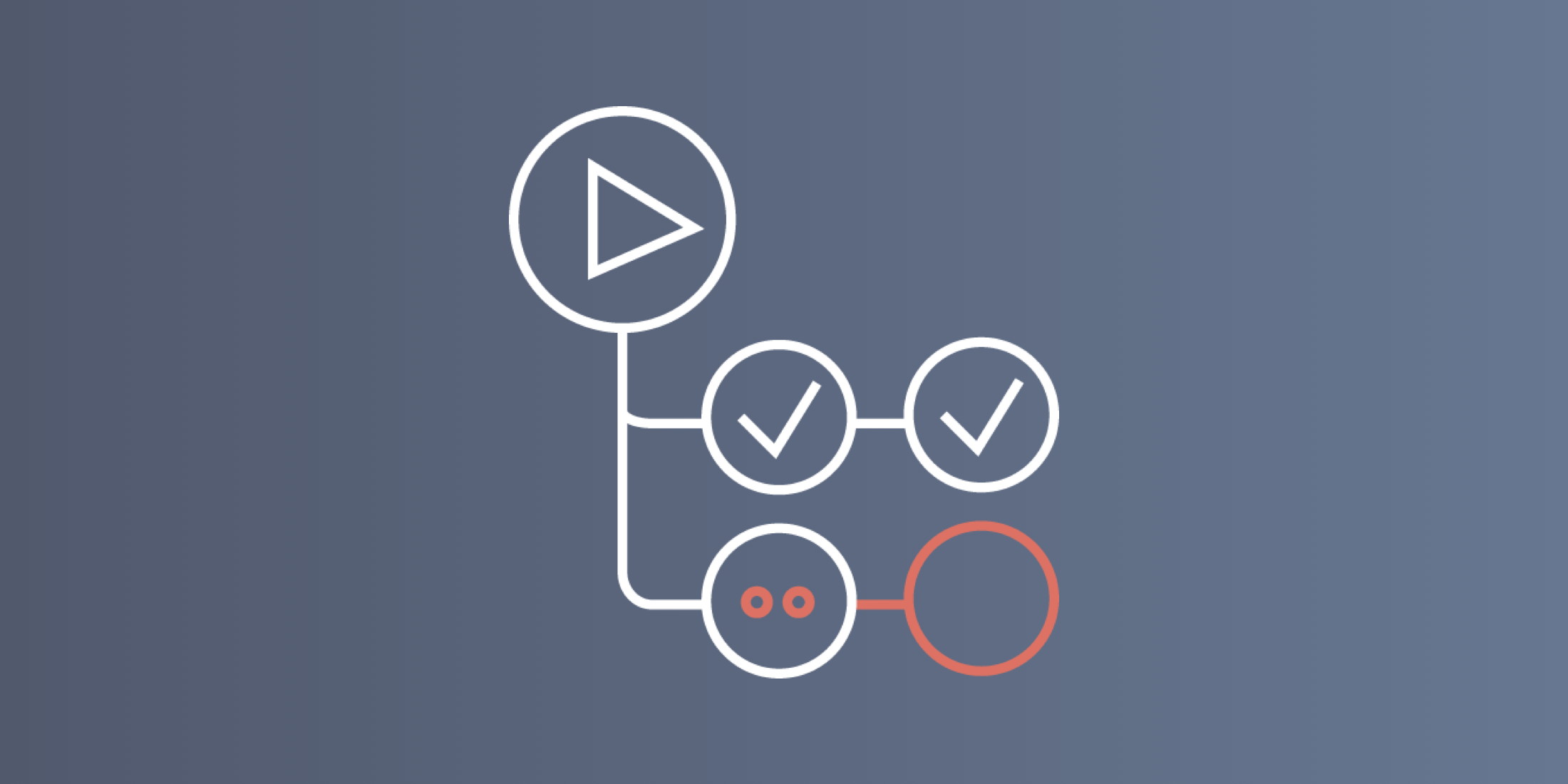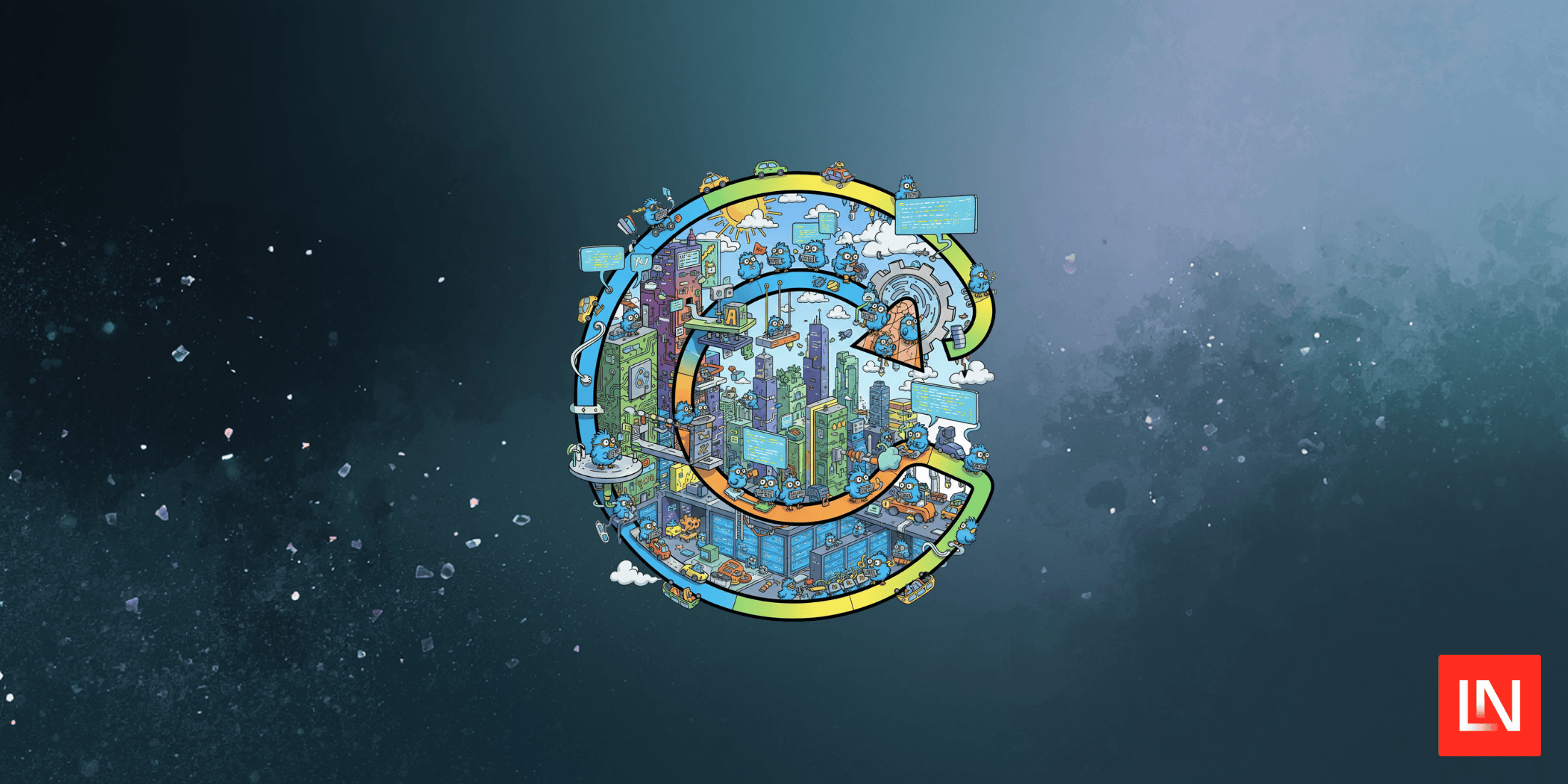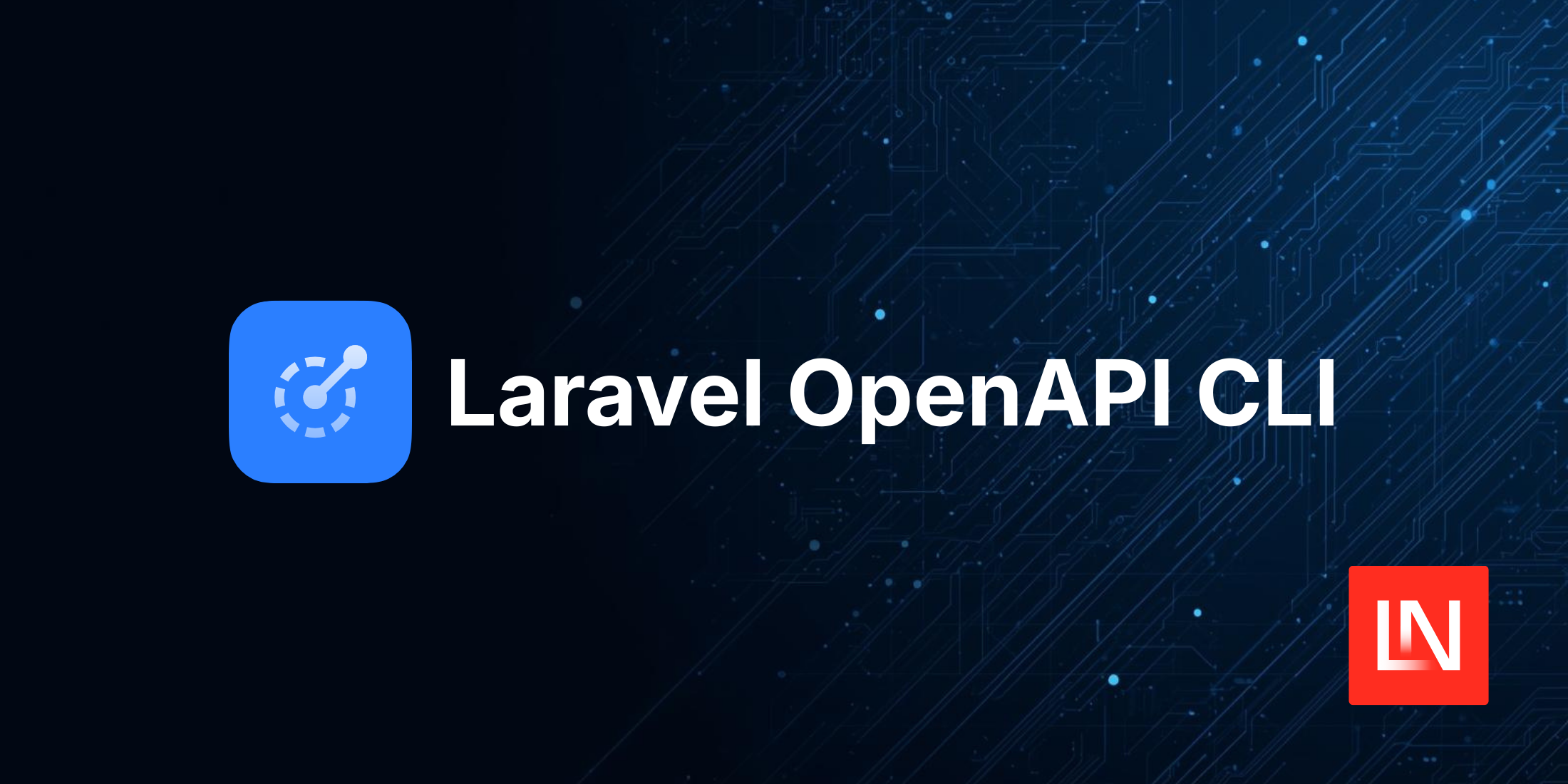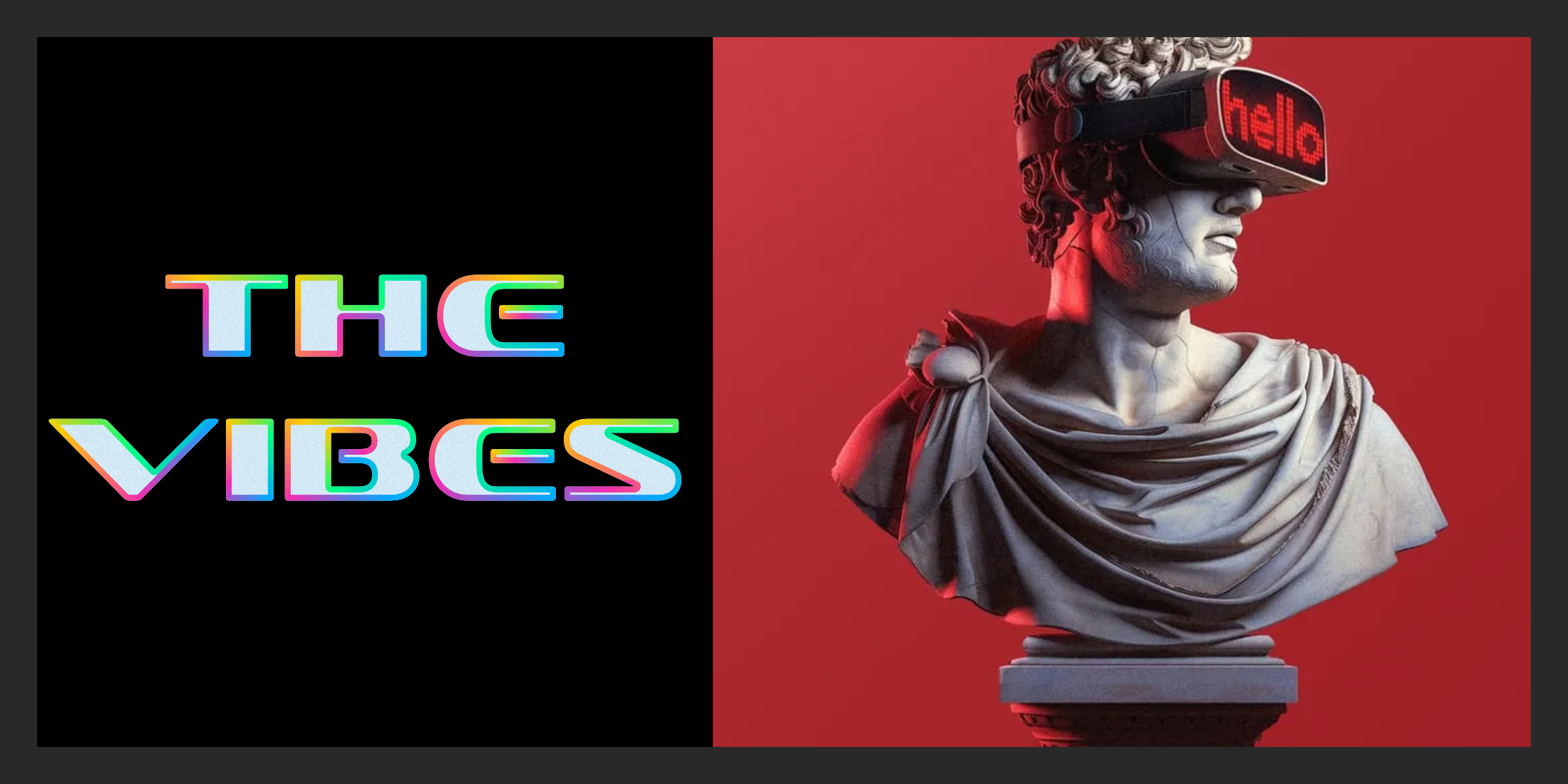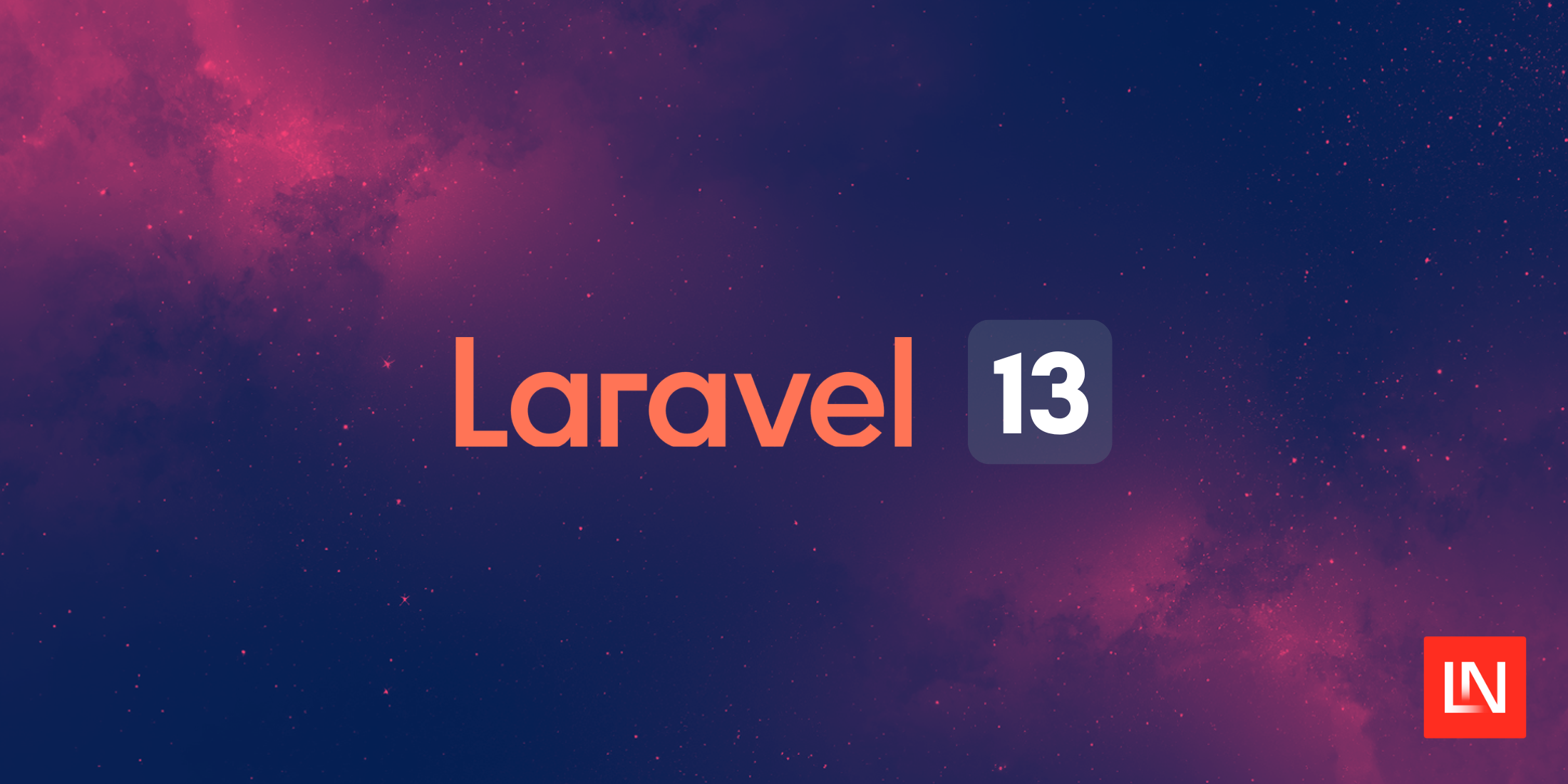This tutorial will show you how to configure Github actions to run your phpunit tests, how to deploy after your tests pass and a few other things. We'll also show you how to connect to a database (MySQL, Postgres or SQLite) to run your test suite.
The first thing we'll need is a docker container with PHP installed that is able to run our Laravel test suite. We, at KDG, put together a docker container specifically for this purpose. The docker container can be found at:
- PHP 7.4:
kirschbaumdevelopment/laravel-test-runner:7.4 - PHP 7.3:
kirschbaumdevelopment/laravel-test-runner:7.3 - PHP 7.2:
kirschbaumdevelopment/laravel-test-runner:7.2
The Github repository can be found at Laravel Test Runner Container. Please open issues or send pull requests if you find any libraries missing for your needs.
We also created this example repository which is using the setup mentioned below to run the test suite.
Alright, let's get into it!
Setting up the Github Action
You may need to tweak a few things, but basically you should be able to just copy and paste the following configuration to your Github actions.
.github/workflows/ci.yml
on: pushname: CIjobs: phpunit: runs-on: ubuntu-latest container: image: kirschbaumdevelopment/laravel-test-runner:7.3 services: mysql: image: mysql:5.7 env: MYSQL_ROOT_PASSWORD: password MYSQL_DATABASE: test ports: - 33306:3306 options: --health-cmd="mysqladmin ping" --health-interval=10s --health-timeout=5s --health-retries=3 steps: - uses: actions/checkout@v1 with: fetch-depth: 1 - name: Install composer dependencies run: | composer install --no-scripts - name: Prepare Laravel Application run: | cp .env.ci .env php artisan key:generate - name: Run Testsuite run: vendor/bin/phpunit tests/Don’t forget to configure your env!
On this example, I created a .env.ci file with some of the configurations. Here is what is important for you to configure in this file:
# databaseDB_CONNECTION=mysqlDB_HOST=mysqlDB_PORT=3306DB_DATABASE=testDB_USERNAME=rootDB_PASSWORD=passwordYou may need a few tweaks for your own configuration but afterwards you should be able to see the build passing.

Using PostgreSQL or SQLite instead of MySQL
To use PostgreSQL instead of MySQL, you can easily change the services section in your CI config with the following:
services: postgres: image: postgres:10.8 env: POSTGRES_USER: postgres POSTGRES_PASSWORD: postgres POSTGRES_DB: test ports: - 5432:5432 options: --health-cmd pg_isready --health-interval 10s --health-timeout 5s --health-retries 5And also change your .env.ci DB configuration to:
DB_CONNECTION=pgsqlDB_HOST=postgresDB_PORT=5432DB_DATABASE=testDB_USERNAME=postgresDB_PASSWORD=postgresAnd to use SQLite, you should be able to just remove the services section entirely, and change your environment configuration to:
DB_CONNECTION=sqliteDB_DATABASE=:memory:Compiling assets is easy too
If you use the kirschbaumdevelopment/laravel-test-runner docker container to run your suite then it already has Node/NPM/Yarn installed. You can install dependencies/compile assets by simply adding a new step into your pipeline:
- name: Install front-end dependencies run: | npm install npm run devAnd that should be enough!
Deploying your code after your test suite passes
You can easily automatically deploy your code ONLY if all of your tests are passing. I’m going to assume you already have an automated way to deploy your code here and will not go into how to do this or all the different options available.
Let’s say you want to deploy to Laravel Forge after your build passes.
- name: Deploy to Laravel Forge run: curl ${{ secrets.FORGE_DEPLOYMENT_WEBHOOK }}In this case, you need to register FORGE_DEPLOYMENT_WEBHOOK in the repository secrets.
Or, if you want to deploy to Vapor:
- name: Deploy to Laravel Forge run: | export VAPOR_API_TOKEN="${{ secrets.VAPOR_API_TOKEN }}" vapor deploy stagingAnd of course, register VAPOR_API_TOKEN in your repository secrets.
Badges
Github recently implemented the ability to include badges with the last status of your actions. You probably saw some of these around open source projects in the past. If you want to include in your project, you can find the documentation here. But in short, the only thing you need is the following markdown:
[](https://github.com/{owner}/{repo}/actions)Owner is the owner of the repo, repo is obviously the repo name, and workflow_name is the name property in your workflow file (usually line 2).
Below you can see the rendered badge from the example repo I created:
The code for this badge looks like this:
[](https://github.com/luisdalmolin/laravel-ci-test/actions)Extra: Configuring Laravel Nova on your pipeline
If your Laravel project uses Laravel Nova, you will need to authenticate composer before installing dependencies. You can configure Nova authentication by adding the following step:
- name: Configure composer for Laravel Nova run:| composer config "http-basic.nova.laravel.com" "${{ secrets.NOVA_USERNAME }}" "${{ secrets.NOVA_PASSWORD }}"Also, don’t forget to add NOVA_USERNAME and NOVA_PASSWORD to your Github Actions secrets. This configuration can be found the repository settings > Actions.
Luis is a senior developer at Kirschbaum and has over 10 years of experience architecting complex applications and has been working with Laravel since the early days of Laravel 4.
In addition to PHP and Laravel, Luis specializes in VueJS/Javascript and everything DevOps related. He loves working with Open Source and has contributed several open-source projects to the community.
Luis taught an AngularJS course at University Feevale, where he also earned his degree in Internet Systems, and he translated the Laravel book "Code Bright" by Dayle Rees into Portuguese.

